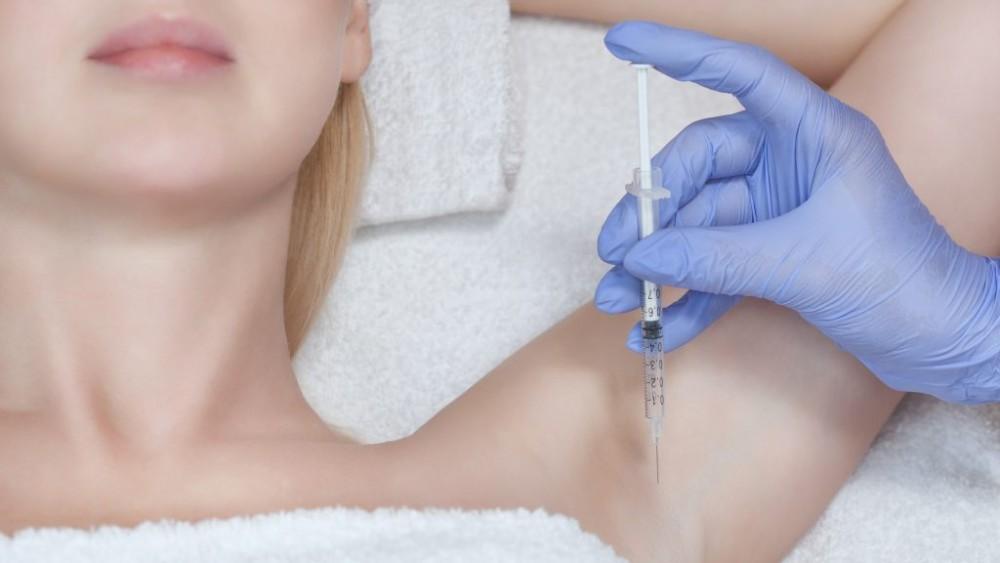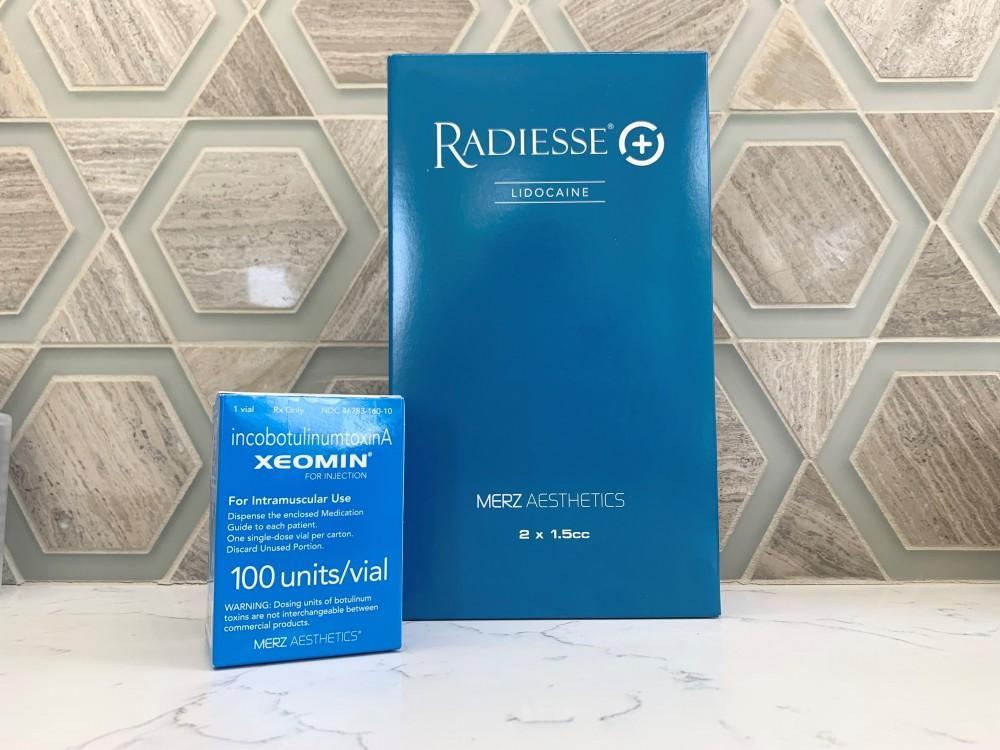
The Gut-Skin Connection: How Gut Health Influences Skin Disorders

In recent years, scientific research has increasingly highlighted the significant connection between gut health and various skin disorders. Conditions such as acne, rosacea, eczema, and psoriasis are not just surface-level issues; they can be profoundly affected by the state of our gastrointestinal system. Understanding the gut-skin axis is crucial for developing holistic approaches to skincare and overall well-being.
The Gut-Skin Axis: An Overview
The gut-skin axis refers to the bidirectional relationship between our digestive system and skin. This complex interaction involves multiple pathways, including immune responses, hormonal balances, and microbial influences. Here's how this connection works and how it can lead to common skin disorders.
1. Acne
Acne is one of the most common skin issues, affecting millions of people worldwide. While it's often attributed to hormonal changes, poor hygiene, or diet, the health of our gut microbiome plays a crucial role as well.
- Gut Dysbiosis and Inflammation: Gut dysbiosis, an imbalance in the gut microbiota, can lead to increased intestinal permeability or "leaky gut" syndrome. This condition allows toxins and bacteria to enter the bloodstream, triggering systemic inflammation that can manifest as acne on the skin .
- Dietary Factors: A diet high in refined sugars and processed foods can exacerbate gut dysbiosis, leading to insulin spikes and inflammation, both of which are known contributors to acne .
2. Rosacea
Rosacea is a chronic inflammatory skin condition characterized by redness, visible blood vessels, and sometimes pus-filled bumps. Emerging research suggests a strong link between gut health and rosacea.
- Helicobacter pylori Infection: Studies have found that individuals with rosacea are more likely to have Helicobacter pylori infections in their gut. This bacterium can lead to increased gut permeability and systemic inflammation, which exacerbates rosacea symptoms .
- Small Intestinal Bacterial Overgrowth (SIBO): Research has shown that many people with rosacea also suffer from SIBO. Treatment of SIBO has been associated with significant improvements in rosacea symptoms, highlighting the gut-skin connection .
3. Eczema
Eczema, or atopic dermatitis, is characterized by itchy, inflamed skin. It is commonly seen in individuals with a history of allergies and asthma, indicating a strong immune component.
- Microbial Imbalance: Eczema patients often exhibit altered gut microbiota, with a reduction in beneficial bacteria such as Bifidobacteria and an increase in potentially harmful bacteria. This imbalance can weaken the gut barrier, leading to increased immune responses and skin inflammation .
- Immune System Modulation: The gut microbiome plays a crucial role in modulating the immune system. Dysbiosis can lead to an overactive immune response, contributing to the chronic inflammation seen in eczema .
4. Psoriasis
Psoriasis is an autoimmune condition that causes rapid skin cell turnover, leading to thick, scaly patches. The gut-skin connection is particularly evident in psoriasis.
- Leaky Gut Syndrome: Similar to acne, psoriasis patients often suffer from leaky gut syndrome. This increased intestinal permeability allows inflammatory substances to enter the bloodstream, triggering autoimmune responses that affect the skin .
- Diet and Gut Health: A diet high in anti-inflammatory foods and low in processed foods can help maintain a healthy gut microbiome, reducing systemic inflammation and potentially alleviating psoriasis symptoms .
Improving Gut Health for Better Skin
Given the significant impact of gut health on skin conditions, it’s important to adopt strategies that promote a healthy gut microbiome:
- Probiotics and Prebiotics: Consuming probiotics (beneficial bacteria) and prebiotics (fibers that feed beneficial bacteria) can help restore gut balance. Foods like yogurt, kefir, sauerkraut, garlic, and onions are excellent choices.
- Balanced Diet: A diet rich in fruits, vegetables, whole grains, and lean proteins supports a healthy gut. Avoiding excessive sugar, processed foods, and alcohol can also reduce inflammation.
- Hydration: Adequate water intake is essential for maintaining healthy digestion and skin hydration.
- Stress Management: Chronic stress can negatively impact gut health. Practices like mindfulness, meditation, and regular exercise can help manage stress levels.
Conclusion
The intricate relationship between our gut health and skin conditions such as acne, rosacea, eczema, and psoriasis underscores the importance of a holistic approach to treatment. By focusing on gut health through diet, probiotics, and lifestyle changes, we can potentially alleviate these skin disorders and improve overall health. As research in this field continues to grow, it’s becoming clear that the path to clearer skin often starts from within.
You Might Also Enjoy...


Filler Aftercare

Radiesse Filler

Hyperhidrosis

Laser Hair Removal


